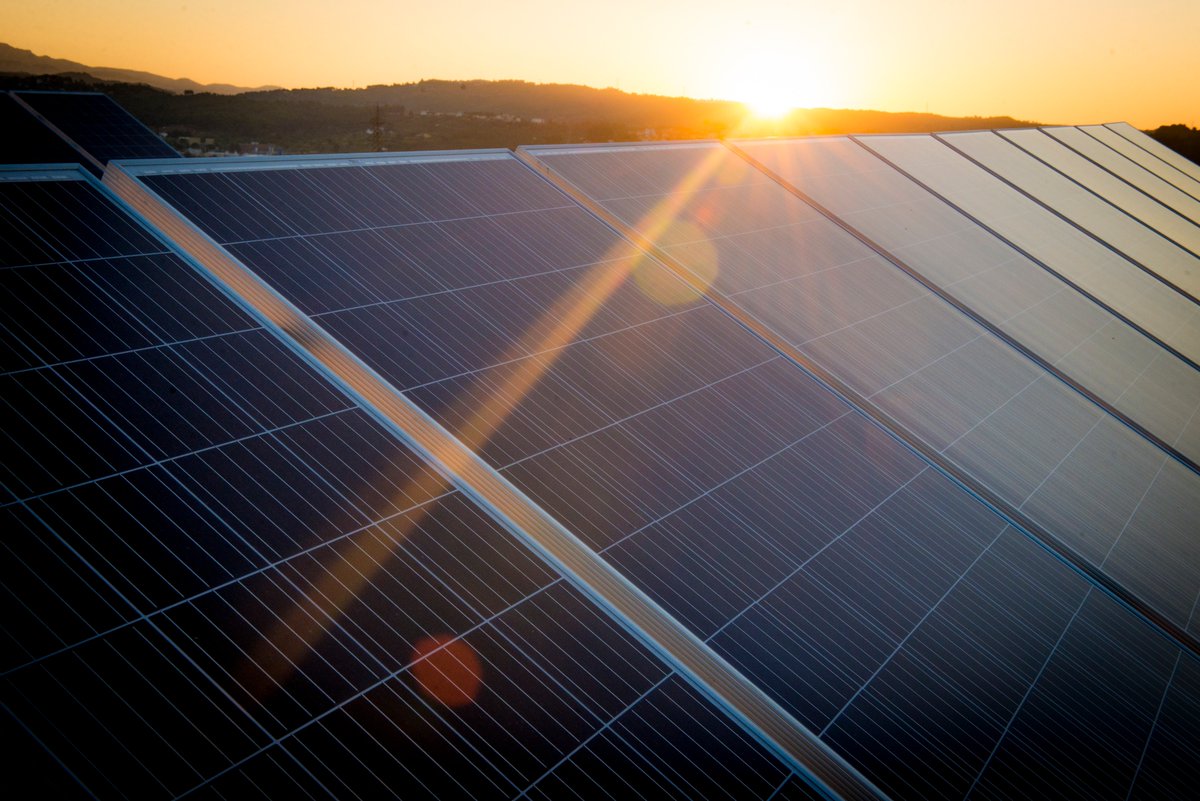Solstice develops the idea of group projects for obtaining solar energy from roofs of houses

In some countries, projects of "solar roofs" are becoming more popular - that is, a roof that is covered with solar panels or in itself is one large composite photocell. The idea is simple - use unnecessary space to place solar panels and generate electricity.
Unfortunately, the implementation of this idea is quite expensive - it requires a solid investment. In a number of countries, the state sponsors such projects, but they still remain expensive. And now private companies are gradually appearing in this market, which are trying to simplify and reduce the cost of the original idea. One of these companies is the Solstice startup, which, on the one hand, attracts ordinary people to solar energy technologies, and on the other, encourages private businesses to make their proposals in this area more accessible .
This startup was not born yesterday, it is already several years old, during its existence, he was able to attract more than 6400 households to public "solar" projects. This method of connecting to solar energy is available to many, and large investments are practically unnecessary. Even those people who do not have their own private home can participate.
The idea is simple - a team of local residents invests in solar panels, a certain area. Further, these photocells are installed on the roofs of houses, and the generated energy is sent to the local power grid. All participants get the opportunity to pay less on bills for this - the cost of electricity is deducted from the payment “for light”, according to the share participation of each member of the team. The more money invested initially, the less, respectively, you have to pay.
In order to start such a project, a “critical mass” of participants is needed - nothing will work out with a group of 2-3 people.
If the group is large enough (the number of people in each location may be different), work begins with suppliers of photocells. And if usually such companies oblige clients to sign long-term contracts (sometimes up to 30 years), then public projects are much more affordable.
By the way, before starting work, the company conducted a market study - productive computers were involved for this. They “fed” about 875,000 customer records of “solar companies”, mainly developers were interested in customer payments. After analyzing the data array, the founders of the startup received detailed data that helped to suggest how profitable or, conversely, such a business would be unprofitable. Once the company began work, it can be assumed that the analysis showed a positive picture.
Currently, the total capacity of solar panels installed by the startup and its subscribers is 100 MW - the main facilities are located in New York and Massachusetts, USA. Now the initiative is gradually expanding, so the startup is already planning to enter the national, and possibly international markets.
In any case, social projects of this kind help to develop solar energy and "move it to the masses."

By the way, farmers are also interested in solar energy . In particular, US farmers are willing to install solar cells on their lands - both for their own needs and for projects similar to those described above. Now more than 90,000 farms have installed arrays of solar cells in their fields. Most often, farmers surrender their land to companies that develop solar power plants. A relatively small array of panels gives the farmer about $ 1,000 in profit per month.
All Articles